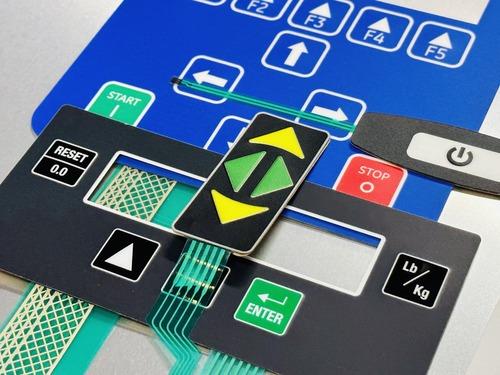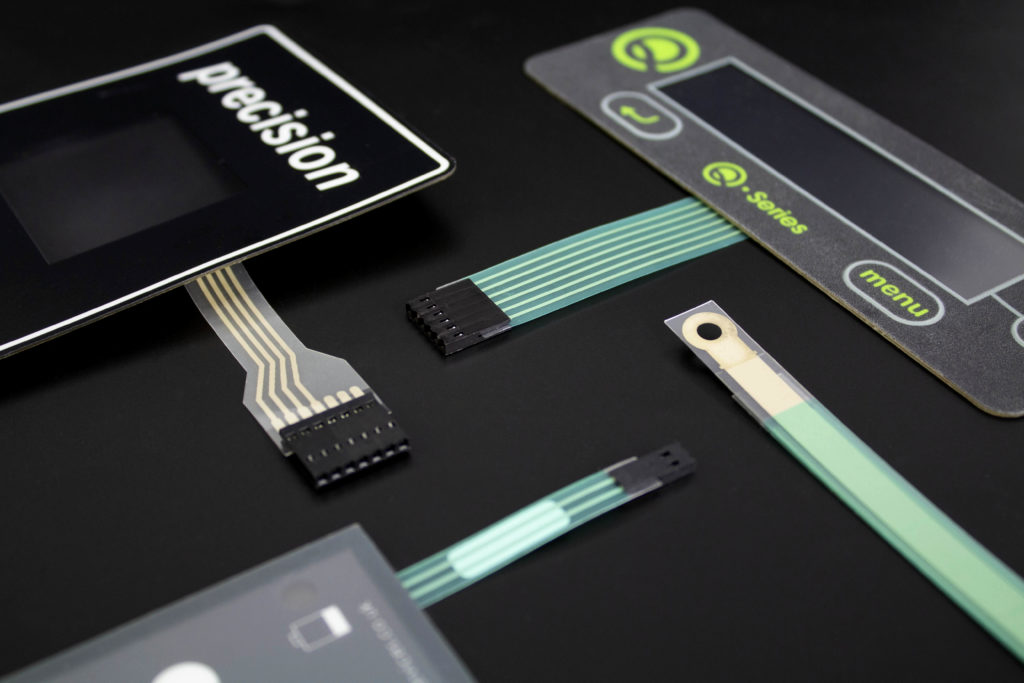How Membrane Switches Are Designed for Easy Maintenance and Repair
How Membrane Switches Are Designed for Easy Maintenance and Repair
Blog Article
Understanding the Relevance of Membrane Switches in Individual Interfaces
Membrane switches are essential elements in the layout of reliable user interfaces, assisting in not only functionality yet likewise improving visual charm and user communication. Their distinct functions, such as resistance to adjustable styles and environmental aspects, make them ideal for a diverse selection of applications across several sectors. As we check out the numerous benefits and future fads connected with Membrane technology, it comes to be clear that these switches are more than just parts; they represent a merging of technology and usefulness. The implications of this technology on individual experience deserve examining better.
What Are Membrane Buttons?

The spacer layer, which has adhesive properties, enables the separation of the circuit layer from the overlay, guaranteeing that the switch continues to be in a non-activated state until pushed. When pressure is put on the overlay, it presses the spacer layer, connecting the void and completing the circuit in the underlying layer. This style not only minimizes the physical room required for traditional mechanical buttons but additionally boosts the sturdiness of the gadget, as Membrane switches are usually immune to dirt, wetness, and various other environmental aspects.
Frequently located in applications ranging from consumer electronics to clinical tools, Membrane switches are essential to modern technology, providing a easy to use and reliable interface that lines up with contemporary design needs.
Benefits of Membrane Switches
While many switch modern technologies exist, Membrane Switches deal distinct benefits that make them specifically preferable in numerous applications. One of the main benefits of Membrane buttons is their compact design, which permits for space-saving executions in tools where realty is restricted. Their thin profile not only enhances visual appeal however likewise facilitates light-weight construction.
One more substantial benefit is their resistance to ecological elements. Membrane switches are commonly secured versus moisture, dirt, and impurities, making them optimal for use popular atmospheres, such as medical devices and industrial equipment. This longevity expands the life-span of the button, decreasing upkeep costs and improving dependability.
Moreover, Membrane buttons can be tailored to satisfy details style requirements, integrating distinct graphics and colors that enhance individual communication. Their tactile comments choices can also be customized to supply a satisfying customer experience. Additionally, Membrane buttons are cost-effective, particularly in high-volume applications, as they can be produced successfully.
Applications in Various Industries

In the customer electronic devices industry, Membrane buttons are prevalent in devices such as microwaves, washing equipments, and remotes. Their responsive responses and aesthetic choices boost customer experience while giving a streamlined, modern appearance. Furthermore, automobile suppliers use Membrane buttons in dashboard controls and infomercial systems, where space is restricted, and user interaction is essential.
In addition, the commercial sector visit their website leverages Membrane buttons in control panels for equipment and equipment, enabling for instinctive operation in usually rough environments. Their more resistance to chemicals and wetness makes sure longevity and integrity in these applications. In general, the flexibility of Membrane Switches adds significantly to their widespread usage, making them vital in various technological domain names.
Layout Factors To Consider for Membrane Switches

When making Membrane buttons, numerous vital considerations need to be taken into account to ensure optimal capability and user experience. The selection of materials is crucial; choosing durable, premium substratums can improve the switch's long life and resistance to ecological factors such as moisture and temperature level fluctuations.
Second of all, the design of the graphic overlay should focus on quality and ease of use. Symbols and message should be legible, and the design needs to help with user-friendly communication (membrane switches). Additionally, responsive feedback is necessary; integrating a responsive dome or other mechanisms can enhance the user experience by providing physical confirmation of activation
Another essential variable is the switch's electrical performance. Developers need to ensure that the conductive traces are correctly Click Here developed to decrease resistance and stay clear of signal disturbance. This includes assessing the needed actuation pressure and making certain compatibility with the digital parts they will certainly interface with.

Future Patterns in Membrane Modern Technology
As innovation remains to development, Membrane switches are positioned to develop substantially, driven by developments in products and making methods. One emerging trend is the incorporation of advanced materials, such as adaptable substratums and conductive inks, which improve resilience and lower the general weight of Membrane switches. These products not just enhance the tactile reaction yet likewise enable the design of buttons that can stand up to harsher environmental problems.
Moreover, the integration of touch-sensitive innovations is transforming standard Membrane Switches right into even more interactive individual interfaces. Capacitive touch sensors embedded within Membrane switch panels can give a much more intuitive and responsive individual experience, aligning with the expanding demand for sleek, modern-day layouts in consumer electronic devices.
Furthermore, innovations in printing strategies, such as electronic and 3D printing, make it possible for fast prototyping and modification of Membrane switches. This versatility allows suppliers to respond quicker to market needs and customer preferences.
Lastly, sustainability is becoming a significant focus, with suppliers exploring environmentally friendly products and procedures. As these fads unravel, the future of Membrane innovation promises enhanced capability, visual appeal, and environmental obligation, solidifying their role in advanced user interfaces throughout different sectors.
Final Thought
In verdict, Membrane Switches represent a vital part in the style of individual interfaces, integrating performance with aesthetic adaptability. As improvements in innovation proceed, the advancement of Membrane buttons is anticipated to additional fine-tune customer interfaces, driving development and improving functionality in a significantly intricate technological landscape.
Membrane switches are essential components in the design of reliable individual interfaces, promoting not just performance but additionally improving visual appeal and individual interaction.Membrane Switches serve as an essential component in numerous individual interfaces, assisting in a seamless communication between customers and electronic tools.While numerous button modern technologies exist, Membrane Switches deal distinctive benefits that make them especially desirable in various applications.Additionally, Membrane switches can be customized to meet particular layout demands, including distinct graphics and shades that enhance user interaction.In verdict, Membrane Switches stand for a crucial part in the design of customer interfaces, integrating functionality with visual versatility.
Report this page